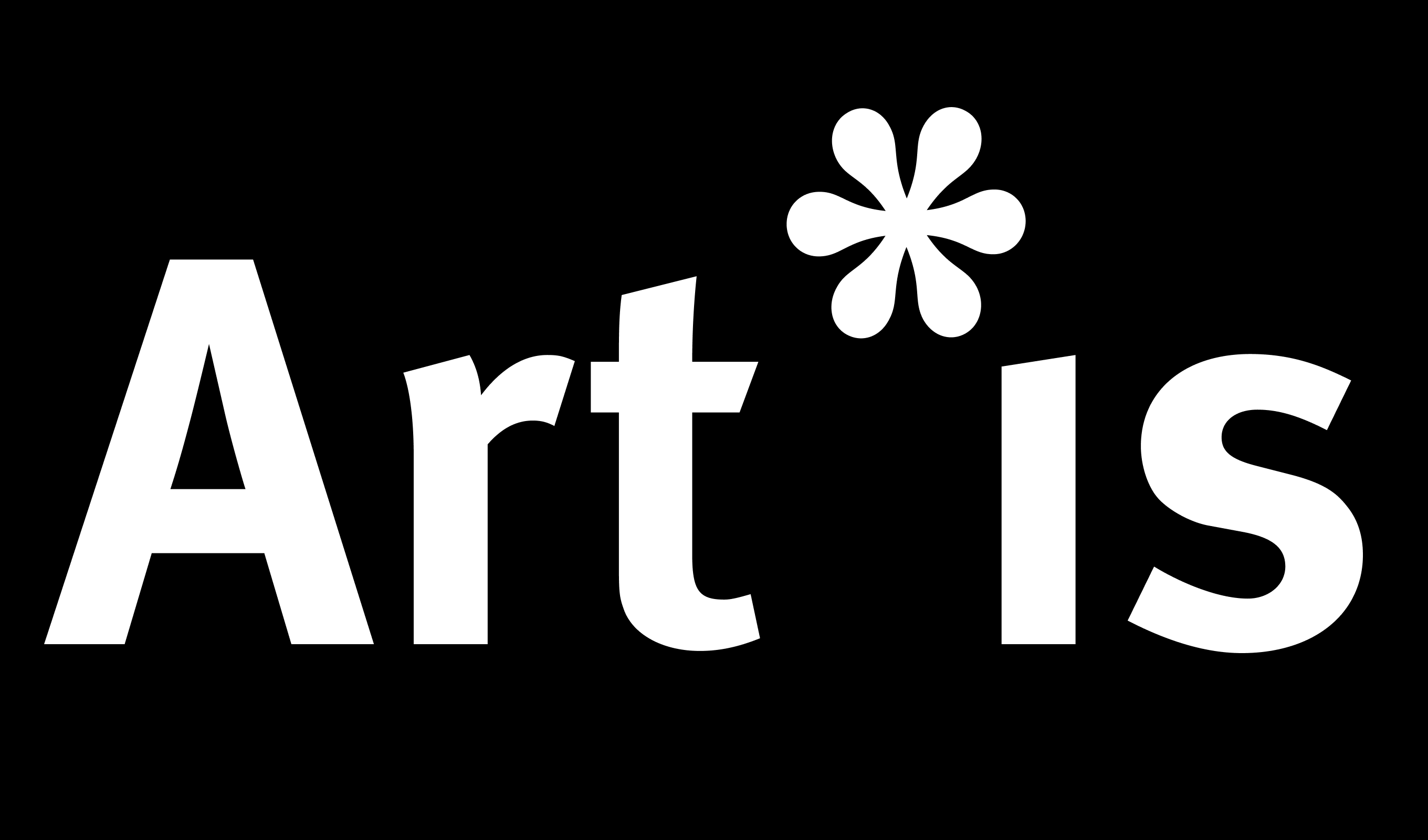written by Corinna Kühnapfel
ARTIS UniVie PhD student MacKenzie Trupp gave a presentation on the VDS CoBeNe (Vienna Doctoral School of Cognition Behavior and Neuroscience) PhD Academy (Feb 3-4, 2022) at the University of Vienna. The tile of the presentation was “Who can benefit from Online Art, and How? Aesthetic Responsiveness and the Mediating Role of Pleasure and Meaningful Experiences in Online Art Interventions”.
Abstract
When experienced in-person, engagement with art has been associated—in a growing body of evidence—with positive outcomes in wellbeing and mental health. Today, on the other hand, art viewing,
cultural engagement, and even ‘trips’ to art museums can take place in several modalities via internet-
enabled computers, smartphones, and even virtual reality. In a recent study (Trupp et al, 2021), our author team presented some of the first evidence that online art interventions, using an interactive art
exhibition from Google Arts and Culture featuring waterlily paintings from Monet delivered through the internet, viewed in individuals’ homes, could lead to wellbeing impacts. In the present project, we replicated our past findings, confirming the potential for art online to be a tool to support wellbeing by improving levels of negative mood and anxiety, while providing stronger evidence through a more rigorous design and pre-registered analysis plan. Second, we find trait level aesthetic responsiveness to be a predictor of wellbeing effects, whereas those who are more responsive to art, poetry, and music can benefit more from this online art intervention. Lastly, this effect is mediated by subjective experiences factors; pleasure and meaningfulness. We further discuss the importance of the participants’ experience during art interventions and the differential influence of each subjective experience factor on each wellbeing
outcome
Pease find more information about the conference here and the conference program here.

